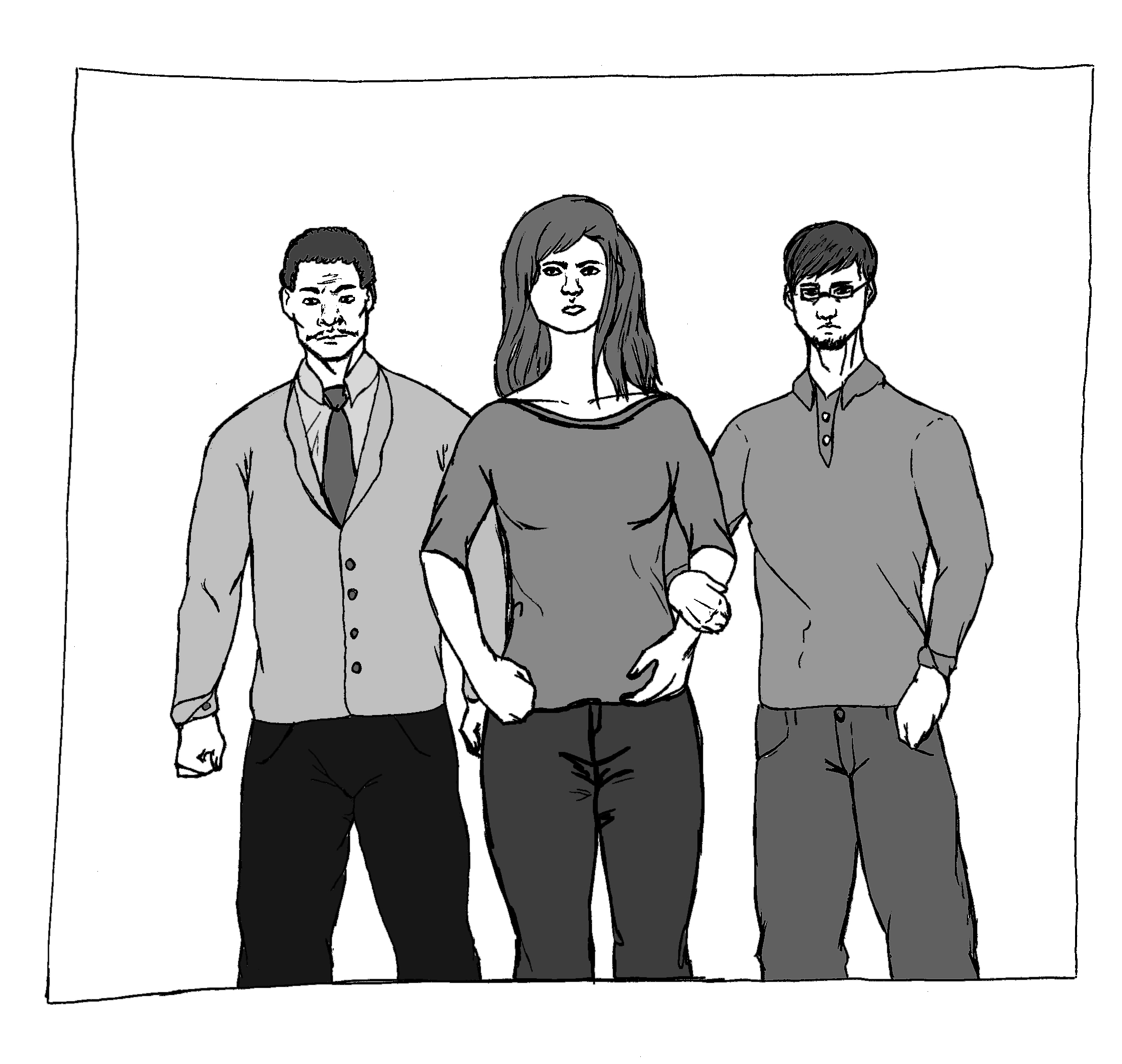A major wakeup call: abroad in Chile
November 1, 2019
 This
piece represents the opinion of the author
.
This
piece represents the opinion of the author
.
Friday, October 18 was a major wakeup call for me. Disasters happen around the world—around the clock—but as the massive evasion of metro fares in Chilean capital, Santiago, turned into violent state repression, I was brought back to where I spent almost half of 2019—living, studying and dancing in Valparaíso, Chile.
“It’s not about 30 pesos, it’s about 30 years,” is the rallying cry heard around the Latin American country.
The violence includes chilling accusations of a centrally located, underground metro station in the capital being used to torture detainees, and curfews as early as 6 p.m. being enforced by unconstitutional beatings and detentions by police officers, as well as armed forces deployed by President Sebastián Piñera’s government. While the mainstream media is only portraying the “criminals” that Piñera denounces for looting and setting fire to supermarkets, the brutal repression on the part of the government goes unspoken.
All this harkens back to the cruel dictatorship of Augusto Pinochet that lasted from 1973 to 1989. The U.S. had an integral role in this dictatorship, from its part in the suspicious circumstances under which Salvador Allende, the first democratically elected socialist leader in the world, “commited suicide” on the morning of the military coup, to the neoliberal policies put into place by the economist Milton Friedman’s “Chicago Boys” at the University of Chicago and economists at the University of Chile.
With that pesky socialist leader out of the way and his nationalization of the copper industry reversed, Pinochet began to privatize, privatize, privatize and “disappear” whoever got in his way. The legacy of the thousands of disappeared, detained, tortured and exiled Chileans during the dictatorship hangs over the past week’s protests. The neoliberal policies implemented during Pinochet’s regime today mean astronomical prices for water and electric utilities and a mandatory privatized pension system from which workers don’t reap the dividends on their own wages, among other economic abuses in one of the richest and most unequal societies in Latin America.
What is the media not showing you, you might ask? Well, in Valparaíso alone there are the “tangueros” that dance tango in protest, wearing signs that reference the famous lyrics of Victor Jara, leftist martyr tortured and killed in the first days of the 1973 coup d’état. There’s the flutist who emerges after curfew has started and bravely plays “La Internacional,” the socialist and communist hymn, under swarms of helicopters. There are the many generations of porteños, people of the port city of Valparaíso, dancing the regional version of the cueca national dance in the Plaza Italia as the air, inundated with tear gas, burns their faces wet from sweat, tears or the lanzaguas, the high-pressure water cannon.
This is not just Chilean history; this is American history. We have a responsibility to learn it, to implore our governmental officials to denounce the Piñera’s government’s human rights abuses and insist that his cosmetic measures are not enough and to call for demilitarization and a new constitution written in democracy now.
Many of us study a foreign language. Many folks are native speakers of other languages and/or are international students. We “carry the keys of the world’s library in your pockets,” to cite “The Offer of the College,” and it is upon us to open the locks of the stories behind the hegemonic media.
Thank you to all the porteños who taught me that I don’t just write: I am a writer. I don’t just dance: I am a dancer. That artistic expression is not only political, but utterly existential. Cariños a Joyce Macasar and Ricardo Ogalde; thanks for your encouragement, stories and example.
Ali Briere is a member of the Class of 2020.


Comments
Before submitting a comment, please review our comment policy. Some key points from the policy: